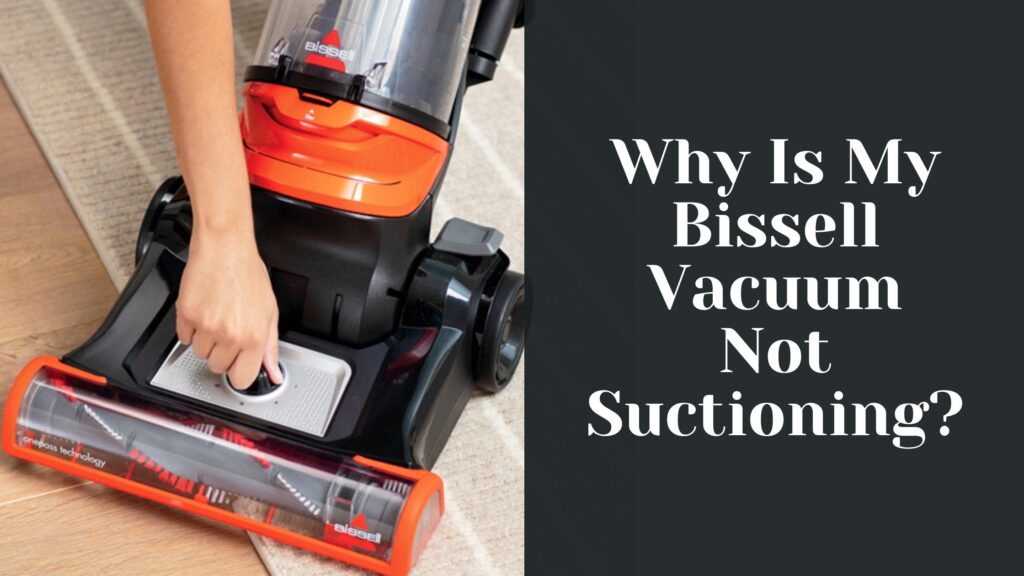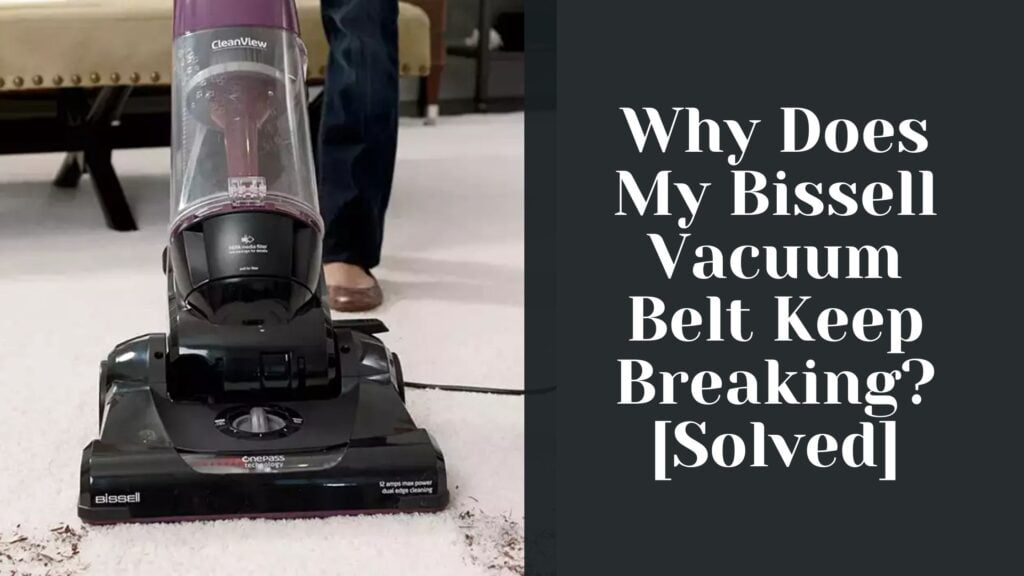Americans love having a clean home, but despite this, 73% of them hate doing the actual cleaning.
But what happens if you don’t vacuum?
When you don’t vacuum, all the sand, dust, and grit that enters your house accumulates. Dust mites, bacteria, and pet hair can negatively impact your health. In addition, not vacuuming can have social and financial implications in your life.
Let’s dive deep into the subject, including the benefits of regular vacuuming and how often you should vacuum.
What Happens If You Don’t Vacuum?
Not vacuuming your home is simply a bad idea, and here is why:
1. Dust Mites Accumulate
Dust mites are tiny creatures that thrive in warm, humid environments.
They feed on human skin cells and other “dust” particles, generating waste that can cause severe allergic reactions.
While vacuuming won’t eliminate all dust mites, it will significantly reduce their number.
So, if you want to alleviate your allergy symptoms, vacuum regularly!
2. Bacteria Growth
Even if you think your carpets are clean, they still harbor bacteria. In fact, a single gram of soil can contain up to 1 million bacteria.
Regular vacuuming and cleaning can significantly reduce the number of bacteria in your carpet and eliminate musty smells.
3. Pet Hair/Dander Takes Over
Pets are a wonderful addition to any family, but they can bring additional bacteria to your home. Furthermore, their fur can cause allergies.
To protect your family and prevent the spread of illness, it’s important to clean surfaces pets touch regularly.
Vacuuming helps get rid of bacteria, allergens, and pet hair. If you don’t have time to vacuum the whole house, focus on rooms with high traffic.
Benefits Of Regular Vacuuming
Most people know that keeping a clean home is important for decreasing health issues.
Still, many don’t realize vacuuming also has several psychological and social benefits.
1. Health
Vacuuming is an effective way to remove bacteria, allergens, dust, dander, and pollen from our homes.
These substances can cause various health issues, but vacuuming removes a significant percentage of them, helping you breathe a higher air quality, therefore protecting your health.
2. Financial
When you vacuum regularly, your carpets, rugs, floor, and any regularly cleaned surface will be maintained for longer.
In addition, eliminating all the pollutants will positively affect your health and help you avoid time off work due to illness.
3. Social
Not vacuuming can lead to a number of social implications, such as:
- Your guests will not feel comfortable in an unclean space.
- The air quality in your home will be poor, which can cause respiratory problems for your guests.
- You will have to spend more time cleaning your home in order to achieve the level of cleanliness you desire, meaning that you may not feel like having last-minute guests.
Regular vacuuming is important for maintaining a clean and inviting home environment.
How Often Should You Vacuum?
You should vacuum at least twice a week, but for optimal results, you should do it daily. Not only will this help extend the life of your carpet, but it also helps remove allergens and other contaminants that can harm your health.
People lose nearly 200,000,000 skin particles every hour, so if you don’t want these particles all over your furniture and floors, you must vacuum regularly!
In addition, 50 to 100 strands of hair are lost from the average human head every day, and all those pet hairs can add up.
6 Areas People Don’t Vacuum Often
Vacuuming hard floors is easy, but certain areas are often overlooked because vacuuming them can be a daunting task:
1. Blinds
Window blinds are a great way to keep your home cool in the summer and can add some privacy.
However, they also tend to collect a lot of dust, which can be challenging to clean if you don’t have the right tools.
That’s why it’s important to vacuum your blinds at least once a month.
Be sure to use the attachments designed explicitly for vacuuming blinds – this will ensure that all the dirt and dust are removed.
2. Your Baseboards
When you use an upright vacuum to vacuum your floor, it just bumps up against your baseboards without removing the dust that accumulates on them.
That’s why it is crucial to buy the right vacuum attachments and vacuum your baseboards at least once a month.
3. Mattresses
Vacuuming your mattress can be beneficial for those with respiratory issues.
A vacuum with a HEPA filter is particularly effective at removing dust, pet hair, and other allergens.
Vacuum the mattress at least once a month to prevent all these particles from accumulating.
4. Carpeted stairs
Carpeted stairs can be difficult to clean, but vacuuming them regularly is crucial.
The most effective way to clean your stairs is with a handheld vacuum or the hose of any other type of vacuum that has the right tools for carpeted stairs.
This will help eliminate dirt that accumulates in the carpet over time.
5. Drawers
Whether it’s your makeup drawer or silverware drawer, grime can build up over time if not regularly cleaned.
Vacuum your drawers at least twice a year and use anti-bacterial wipes to disinfect them once you have gotten rid of all the dust and grime.
6. Under The Beds
Vacuuming under the beds is important for allergy sufferers.
Dust mites are tiny creatures that thrive in dirty environments and are a leading cause of asthma and allergies.
People often forget to vacuum this area because it’s hard to reach, but you should do it at least once a week!
Conclusion
Not vacuuming can lead to a buildup of bacteria, dust mites, and pet hair, which will, in turn, hurt your health, social and financial life.
Make sure you vacuum regularly, including areas such as drawers, mattresses, baseboards, blinds, carpeted stairs, and under the bed.




















